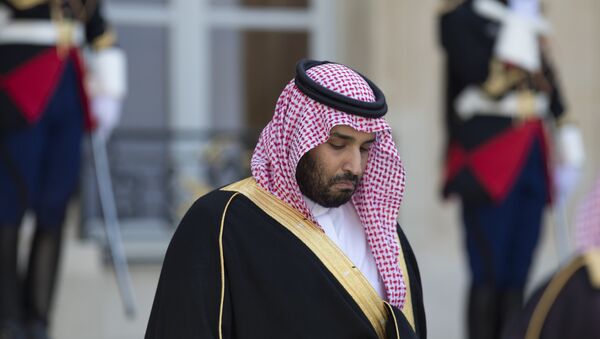As the world's largest oil producer, Saudi Arabia has in recent decades kept its hand on the faucet to control international oil prices by increasing or cutting production at will. Of late, Mohammad bin Salman has been pulling all the strings.
"Saudi Arabia has historically been a bit like 'the world central bank' for oil," Thina Saltvedt, oil analyst at financial services company Nordea, told Aftenposten.
However, the low prices resulted in a dramatic economic decline in major oil-producing countries, such as Venezuela and Norway. Ironically, Saudi Arabia had a chance to taste its own medicine. An economic crisis may soon have a destabilizing effect on the Saudi economy, which is why Saudi Arabia is bound to turn on the tap again.
To keep oil prices down, Mohammad bin Salman must force other OPEC members to actually comply with the cuts they have promised to implement, which is never easy, Saltvedt pointed out, venturing that multiple OPEC members are likely to dodge their previous commitments.
"A steady Saudi Arabia is vital to prevent turbulence in oil prices. But once they have lost part of their power, and as other forms of energy will be cheaper, they will lose their grip further," Saltvedt explained.
Prince Mohammad, who has consolidated more power than anyone in his position since the founding of the Saudi kingdom in 1932, voiced plans to create a $2trln Saudi post-oil wealth fund, which would make Norway's own oil fund with its "mere" $850bln pale in comparison. As Defense Minister, Prince Mohammad leads the Saudi military effort in Yemen; he also oversees ministries including finance, oil and economy.





